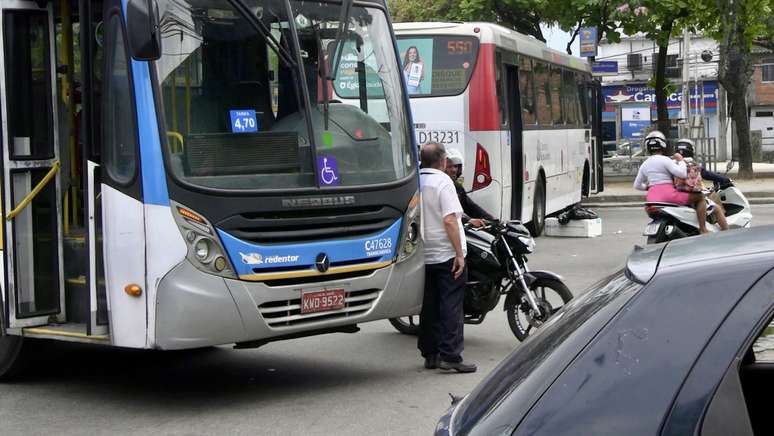With Brazilian input and funding, testing of SpiN-Tec began this Friday; researchers point to greater affectivity against coronavirus variants
With over a thousand enrolled to participate in clinical trials, the Faculdade de Medicina from Federal University of Minas Gerais (UFMG)in Belo Horizonte, began to apply this Friday 25, the first vaccine against COVID-19 developed with totally Brazilian technologies and inputs and financed by national institutions. The immunizer is still being tested.
Named SpiN-Tec MCTI UFMG, the vaccine was manufactured at UFMG’s Vaccine Technology Center (CTVacinas) in collaboration with Fiocruz Mines. With the permission of National Health Surveillance Agency (Anvisa) for clinical trials, the volunteers’ search came shortly after approval by the National Commission for Research Ethics (Conep), a group that evaluates ethics in human research protocols. CTVacinas welcomed more than a thousand people registered as volunteers for screening in less than ten days.
The preclinical tests, carried out in the laboratory and on animals, confirmed the effectiveness of the vaccine and the results of which were published in August by the magazine Nature🇧🇷 New tests are now needed to confirm the safety and efficacy of the product in human application.
Researchers believe that SpiN-Tec has the potential to be more effective against SARS-CoV-2 variants than others. vaccines already used in Brazil. This is due to the new vaccine’s mechanism of action.
Unlike covid vaccines which are used and generate neutralizing antibody responses, SpiN-Tec has the precedent of inducing a T lymphocyte response. According to the scientists involved in the project, the vaccine candidate generates a response against multiple parts of the virus molecule , and not just against one of its segments, as is the case with current vaccines.
In addition to the viral double protein used in the antigen, the immunizer also has high stability, which allows it to be kept at 4°C, like other vaccines, and facilitates its distribution to distant locations.
How are clinical trials conducted?
The tests will be carried out in three phases under the coordination of Professor Helton Santiago, of the UFMG Institute of Biological Sciences (ICB) and under the guidance of Professor Jorge Andrade Pinto, of the UFMG Faculty of Medicine. The first, which started this Friday with 72 volunteers, and the second will have 360 volunteers.
In the double-blind model that will be used, a part of the volunteers integrates a control group, which will receive the AstraZeneca and the other party receives the SpiN-Tec vaccine. The volunteers will be accompanied by the researchers for one year, and after the completion of the two initial phases, the study reports will be sent to Anvisa, which will be responsible for authorizing the third and final phase of the research, which will involve 4 to 5 thousand people from Brazil in everything.
Investment of 16 million reais
The project has received an investment of approximately R$ 16 million from the Ministry of Science, Technology and Innovation (MCTI), through RedeVírus, the Financier of Studies and Projects (Finep) and the National Council for Scientific and Technological Development (CNPq)for phases of preclinical and phase 1 and 2 clinical trials.
The Foundation of Research Support of the State of São Paulo (FAPESP) and other institutions have also supported the development of the vaccine.
In addition to investing in the Covid-19 vaccine, the MCTI has allocated BRL 80 million to the UFMG to transform CTVacinas into a national vaccine centre. The site will aim to be a developer of innovation projects in immunizers, which includes vaccine platforms, forms of diagnosis and new drugs.
🇧🇷The best content in your email for free. Choose your favorite Terra newsletter. Click here!
Source: Terra
Ben Stock is a lifestyle journalist and author at Gossipify. He writes about topics such as health, wellness, travel, food and home decor. He provides practical advice and inspiration to improve well-being, keeps readers up to date with latest lifestyle news and trends, known for his engaging writing style, in-depth analysis and unique perspectives.









